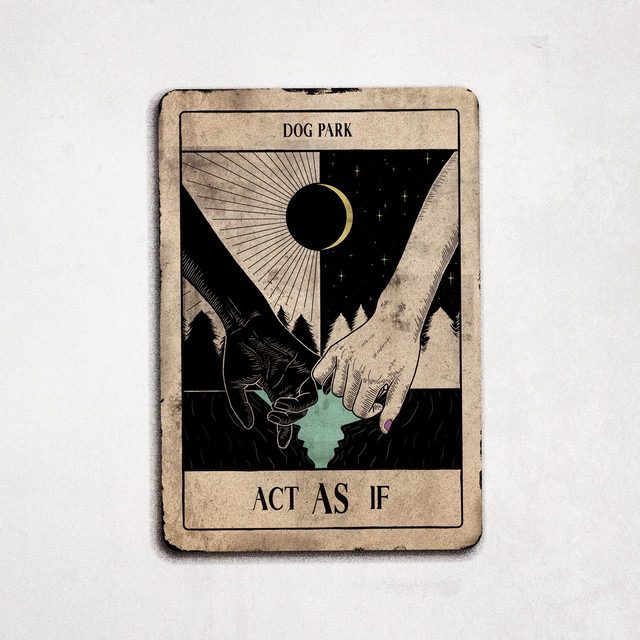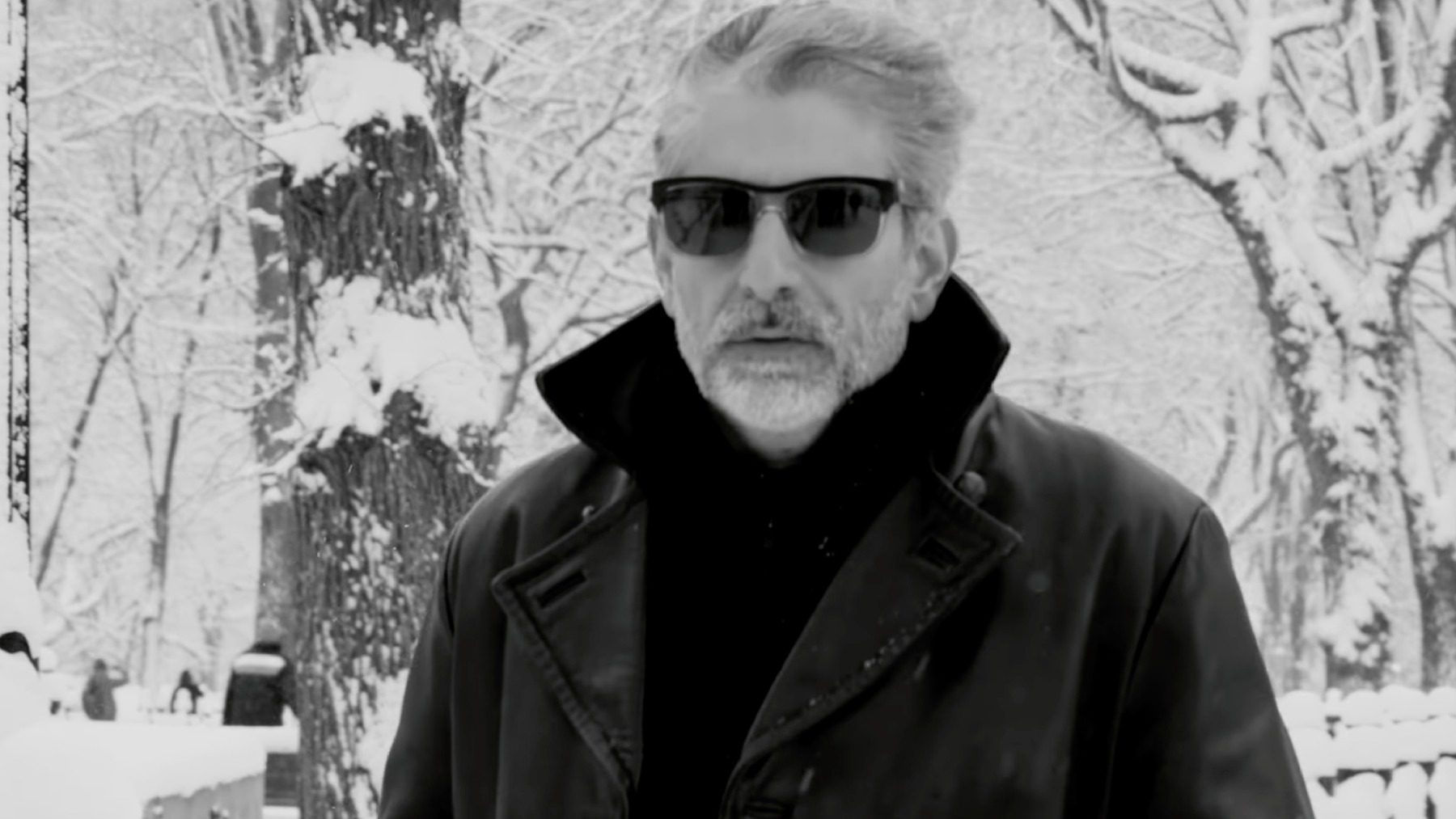
Caylee Hammack Was Told She Was ‘Too Much.’ On Her Debut Album, That’s a Good Thing
Early in Caylee Hammack’s career as a staff songwriter with Universal, she was on a writers’ retreat in Florida when she got the news that her house in Nashville had burned down. She lost nearly everything.
Fortunately, the 26-year-old Ellaville, Georgia, native had already learned a few things about resilience. She regrouped and came back stronger, wiser. With Thomas Finchum and Andy Skibb, she wrote the song “Forged in the Fire” about the experience and all the questions she had afterward. “When does a phoenix learn how to fly?/Do I get my wings when I stop asking why?” she sings, her voice shifting from vulnerable to tough.
“I just love the growth in songs about trying to make something that feels bad into a positive,” Hammack says. “Everything in my life that felt like a curse in the beginning was the biggest blessing in the end for me.”
On Friday, Hammack released her debut album If It Wasn’t for You, and her stories of weathering these hardships and finding silver linings are all over it, along with engaging tales about the family that kept her rooted. For the most part — allowing for a little bit of artistic license — they’re all true. Hammack has a rule about overstuffing her lyrics.
“I hate fluff, really hate it,” she says. “If a line doesn’t have a purpose or a meaning behind it, I don’t want it.”
Hammack co-wrote every one of the 13 tracks on If It Wasn’t for You and served as the album’s co-producer, making the album she wanted to make. The results are big and bright, effortlessly skipping between styles and packed with personality. In the single “Small Town Hypocrite,” she’s the incisive storyteller as she sings about the boy who broke her heart and the mountain of opportunities she missed by choosing to stay with him. In “Preciatcha” (sound it out), she nods toward the modern pop of Halsey and Taylor Swift as she says thanks to an ex for granting her some new understanding. With “Just Friends,” she splits the difference between classic country heartbreak and Nineties alt-rock attitude and crunch.
“It was two different song ideas,” she explains. “I had written both of those verses with two different feels. The first one felt like I was tipping my hat to Dolly, the next part felt like I was tipping my hat to Everclear.”
Hammack has the voice to match all of this stylistic shape-shifting, honed from a childhood of listening to the radio and trying to imitate her favorite singers.
“I’d find an artist and if I couldn’t hit the notes they hit, it upset me,” she says. “I was competitive, I guess.”
If It Wasn’t for You also boasts some high-profile guests. Ashley McBryde and Tenille Townes, the latter of whom Hammack met that fateful night she got the news about her house fire, join up with the singer for “Mean Something,” a soaring meditation on big dreams and pausing to look outside of ourselves. Reba McEntire stops by to sing on the appropriately titled “Redhead,” which Hammack wrote about a “bull in a china shop, rose-colored reckless” family member. “I thought, how cool would that be if the redhead of country music was on a song I wrote for my redheaded cousin?” she says.
Hammack really shows off her power and range in “Gold,” the first of a two-part suite that closes the album. “If pain is art, you gave me gold,” she sings, softly. In short notice, she’s belting the album’s title phrase over and over, channeling Patty Griffin’s Living With Ghosts as she goes for the big notes. It’s the one song on the album that doesn’t pull out every stop with production.
“I’m very much a maximalist — I’m not a minimalist in any capacity, especially music,” Hammack acknowledges. “Looking back, I go, ‘Wow, maybe I shouldn’t put that track in. Maybe that’s too much.’ My whole life I’ve been told I was too much. But everything that other people identified as ‘too much’ is exactly what led me here.”
The second part of that ending suite is “New Level of Life,” which also employs the phrase “if it wasn’t for you,” but turns it into an uplifting mantra about moving on that’s backed by deep bass notes, pinball noises, and handclaps. Once again, it’s the sound of Hammack rising from the ashes in style, the way she’s always done.
“Every single obstacle I’ve ever experienced, anything God’s thrown my way,” she muses, “I think I needed it to figure out how high I could jump.”




